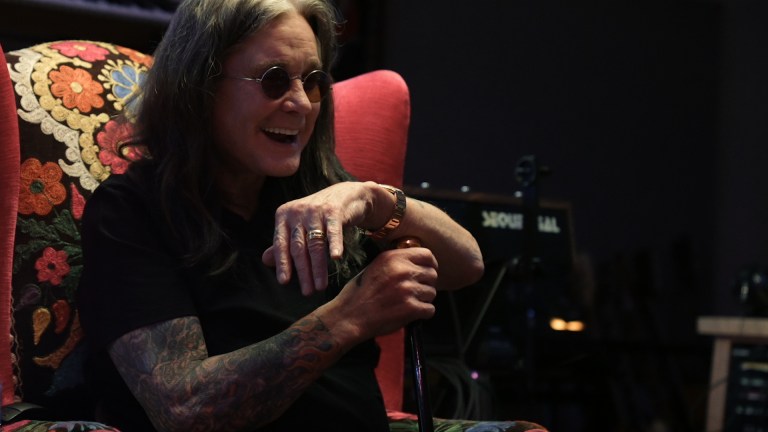
The Ongoing Impact Of A Chronic Illness Diagnosis
New Year’s Eve, 2014. You and your family are outside setting off small fireworks to celebrate the new year. Your husband checks the mail and finds a letter from your doctor. Inside, the letter reads, “You have been diagnosed with Crohn’s disease.” Despite your initial shock, there’s an immense relief in finally having answers. Now what? The questions flood your mind quickly: What is life going to look like now? What is going to change? Will I always feel sick? Despair and grief begin to set in.
You will start 2015 as a new person—a person who is now faced with a lifelong illness. The journey to managing your disease and treatment begins. You have been so sick for so long, and you are unbelievably ready to feel relief. While you do experience some relief, by early 2016, you’re in a major flare. Tests are run, and you travel three hours away for a specific test called an MRE. The results show some concerning things, and your doctor recommends a bowel resection. You are sent to a hospital five hours away that specializes in inflammatory bowel disease. There, you meet with an amazing doctor and an equally amazing surgeon who will be performing your resection surgery.
Initially, your surgery is a great success. You are up, walking, eating, and expected to go home in a couple of days. But things quickly and unexpectedly take a turn for the worse. You spike a fever and are in incredible pain—so much so that you can’t really tell what’s going on. If not for your husband and an incredible nurse who happened to check in on you, you might have developed sepsis and potentially died.
You are immediately rushed into surgery, where they discover that a staple connecting the two ends of your bowel has come undone. Your bowel contents have been spreading through your abdomen. They manage to fix the issue, but you now have a midline incision and will be in the hospital many days longer than originally planned.
This marks the beginning of one of the most difficult times in your life. Recovery from major abdominal surgery is long and painful. Friends and family step in to help in amazing ways. However, some days it feels like you will never feel like your old self again.
But you do begin to feel like yourself again. It takes several months, but you slowly start pulling yourself out of the despair and loneliness that followed your surgery.
Months go by, and one day you realize that you can eat without pain. Before the surgery, you were barely eating anything, and your bowels made such loud and frequent noises that it was embarrassing to be in public. To enjoy food and not be in pain feels like a miracle. You may not be able to eat dairy anymore (boo lactose intolerance), but there are so many great dairy alternatives.
Before your surgery, you started an Instagram page dedicated to your Crohn’s journey. It’s been incredible to find support and community from those who “get it.” Over the next eight years, your account grows to over 8,000 followers. Along with Facebook and TikTok, you have built a community with over 10,000 friends!
Your favorite posts to share are those that educate about new research and treatments. People reach out in messages every day to connect with someone who may understand what they are going through. Giving encouragement and hope to those who feel fearful and overwhelmed is such a good feeling.
As for your health—things are going really well! Your bloodwork is all in the normal range, and colonoscopies show remission in your intestines. Your good days FAR outweigh the bad days. There is still joint pain, immunosuppression from your biologic medication, fatigue at times, and some occasional abdominal pain.
Making modifications in life to chores and activities helps you maximize your limited energy levels. You try to live life just like anyone else. Working around your Crohn’s and its symptoms has been a learning experience. You celebrate the good days and try to fill them with all you can do. On days when you need rest, you rest. You no longer feel guilty about this because these days will and do come, and it isn’t your fault. Without rest days, you wouldn’t have so many good days.
Life certainly does not look like you thought it would, but your life is still very amazing. Having a supportive spouse makes a world of difference. You have two (almost grown) kids, four cats, and so many family members and friends that you love dearly. You are blessed to be able to take care of them to the best of your ability and to have flexibility in the freelance work that you do.
You don’t know what the future holds, but new research and treatments give you so much hope for your life and the lives of other IBD patients, especially young ones who will see great strides throughout their lives. Hopefully, that includes a cure one day! You are so grateful for the current treatments because many people get their lives back, for the most part, and that is something you can’t put a value on. Just remember—Crohn’s is part of you, but not all of you!











